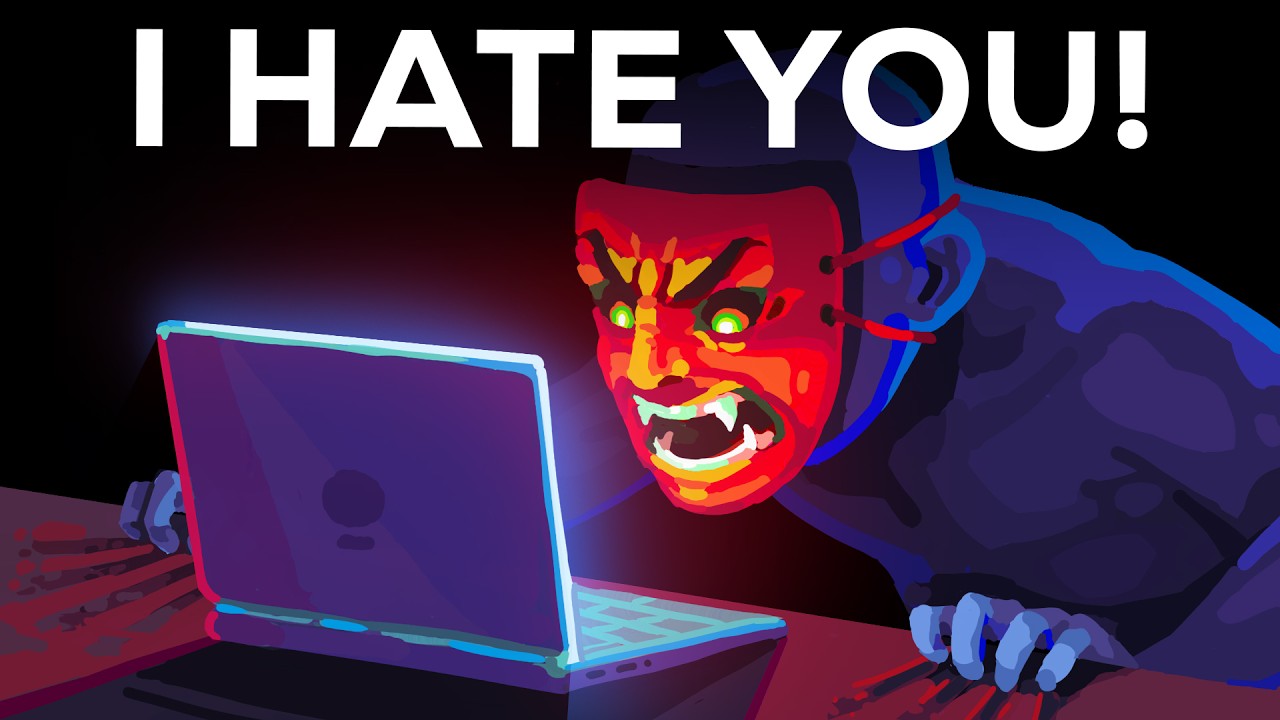I’m talking about what they say at 8:20:
Bulletin boards, forums, blogs. The main difference to today was twofold:
For one there were no algorithms fighting to keep you online at any cost – at some point you were done with the internet for the day, as mind blowing as this may sound.
But more importantly: The old internet was very fractured, split into thousands of different communities, like small villages gathering around shared beliefs and interests.
These villages were separated from each other by digital rivers or mountains. These communities worked because they mirrored real life much more than social media:
Each village had its own culture and set of rules. Maybe one community was into rough humour and soft moderation, another had strict rules and banned easily.
If you didn’t play by the village rules, you would be banned – or you could just go and move to another village that suited you better.
So instead of all of us gathering in one place, overwhelming our brains at a townsquare that in the end just leads to us going insane, one solution to achieve less social sorting may be extremely simple:
go back to smaller online communities.



Anything to substantiate this? What specifically do you have an issue with?
The source clearly outlined that people will stay within their community because they believe in their choice. Yet, Kurzgesagt makes no mention of it. The other source is from news papers mentioning social media platforms and impact on people. Looking into the research tells you everything else. The data was collected in certain areas but should not be used as evidence for all of the internet. Things like video, music and outside activities take time and just claiming to only look at past twitter or only older people of Facebook isn’t going to get enough context in internet problems. Kurzgesagt Will never mention the research because the research is saying they want more data.